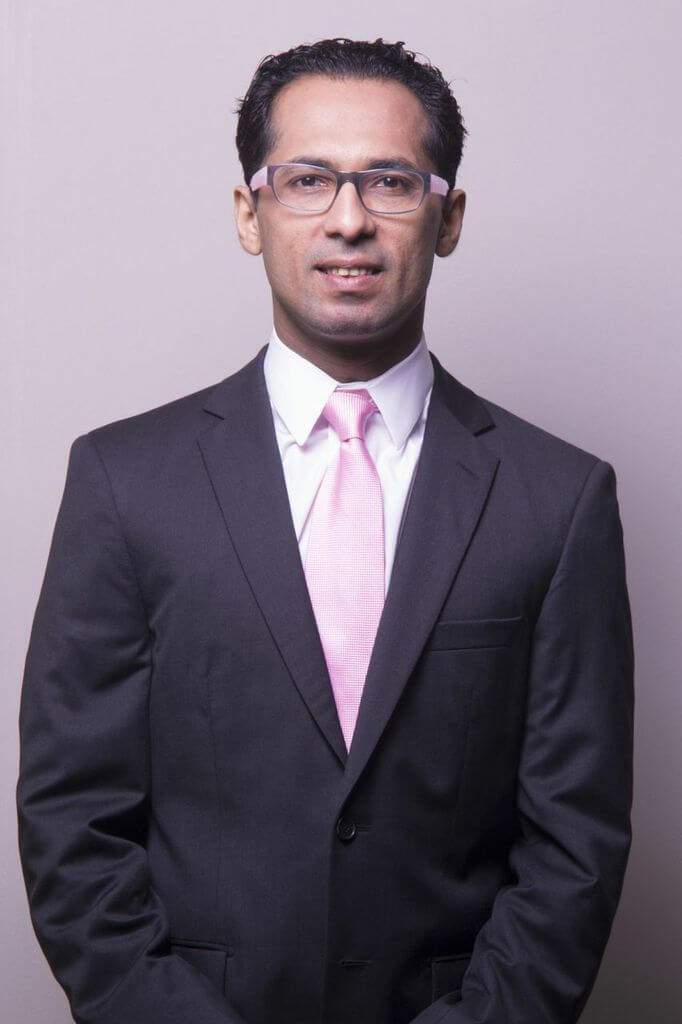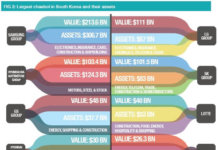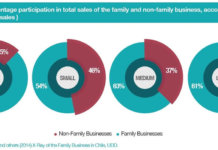Interview with Mohammed Dewji, CEO of METL, Tanzania
The picturesque country of Tanzania, home to Mount Kilimanjaro and an abundance of wildlife, lies at the heart of East Africa – its coastal eastern border facing the Indian Ocean. Tanzania’s economy relies heavily upon agriculture as the sector accounts for over 25% of GDP, 85% of exports and 80% of employment. The country also harbours plentiful natural resources such as gold, diamonds, coal, iron, uranium and natural gas.
Mohammed Enterprises Tanzania Ltd (METL) is the largest privately owned company in the country, employing over 24,000 people and contributing 3.5% to national GDP. Operated and owned by the Dewji family, the conglomerate is active in a countless number of sectors, which include product distribution, textiles, manufacturing, agriculture, real estate, mobile telephony, transport and logistics, energy and petroleum as well as trading.
Mohammed Dewji, CEO of METL, is a dedicated father and husband, a third generation family business member and philanthropist who directs a great deal of his charitable efforts to providing sponsorship for education, water resources and sports in Tanzania. During his rich career, Dewji also penetrated the Tanzanian political sphere and was sworn in as a member of parliament in 2005. Today, he is recognised as one of Africa’s greatest businessmen, taking full control of his family’s business in 2003, following in the footsteps of his father. In an interview with Tharawat magazine, Mohammed Dewji relays the history of his family business, the reason why creating employment is crucial to success, and the role of family businesses in Tanzania.
[ms-protect-content id=”4069, 4129″]
How did your family business grow to become such an impactful company in Tanzania?
We are originally from India. My great-great-grandfather sailed from there in a dhow in the late 18th century and landed in Zanzibar in search of better prospects. Our family moved to central Tanzania (Singida) and now we live in Dar es Salaam. My grandfather ran a small retail shop and his life was all about survival and providing for his children. The family used to live behind the shop and slowly started building their reputation. My grandmother was a great, intelligent woman who encouraged my grandfather’s entrepreneurial spirit.
My father did not pursue school for very long before he joined the family business. He worked incredibly hard and started to cut out the retail middlemen in order to deal directly with the wholesalers. He was quick in building his credibility and people were lining up to do business with him. An increase in access to financial support allowed him to expand into buying trucks which then led to him transporting goods all over the country.
By the time I went to high school in 1992, my father was a rich man garnering over $30 million in revenues. He knew that he wanted his children to go to school and to get educated and so we all went to university. I came back from school in 1999 and joined the family business. At the time the business was mostly focused on the import and export of commodities.
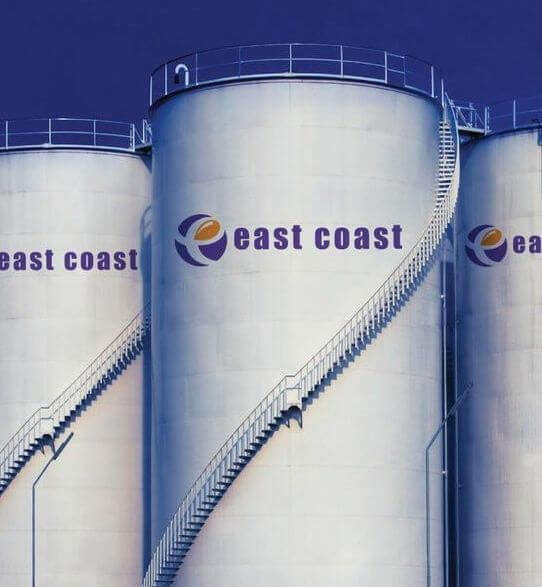
Today, we import over 250 different products, everything from bubble gum to air conditioners. We also sell commodities from Tanzania to clients abroad. We are active in 31 different manufacturing industries ranging from soaps and detergents to carbonated drinks. We managed to corner major competitors like Unilever and P&G, and penetrated the carbonated drinks market in a big way, and have even launched our own “Mo Cola”. We are additionally active in wheat and corn milling and also own some of the largest textile mills in Central Africa.
Through knitting and garmenting we produce over 12,000 km of cloth per year. This is a huge added value to our company and the economy. Our newest venture is based in the production of SeaCell yarn, which is produced from natural fibre.
We remain heavily invested in agriculture, the sector that still provides over 80% of the jobs in Tanzania. We are the largest landowners in the country and grow cashews as well as cultivate tea gardens. We have our own cashew brand called “Mo Cashews”. We now have over 100 outlets across the country.
How has the Dewji family contributed so widely to Tanzania’s economy?
Our diversification strategy has allowed us to create thousands of jobs. Farmers will always find buyers in us.
As a result we have been able to grow our employment exponentially. Our revenues exceeded $1.1 billion in 2013 and we are active in 11 countries aside from Tanzania. Our contribution to our country’s GDP is 3.5%. By 2018 we want to reach $5 billion in revenues and employ over 100,000 people by giving them the possibility to earn their livelihoods and provide for their families.
In everything we produce, sell and import, the foremost concern in our minds is to cater to the income brackets least provided for in Tanzania. Creating such purchasing power and employment allows wealth to trickle down the demographic pyramid and will in time ensure a better future for the generations to come. Our country is rich in natural resources and has enormous potential to become a sustainable global player. Our investment in people and sustainably lean management is our commitment to doing our part to make sure these future aims come to pass.
How do METL’s family business members work together?
I have three younger brothers; Ali, Hassan and Hussein. Ali heads the telecommunications industry and is a successful entrepreneur in his own right, Hassan is responsible for HR and Hussein heads our marketing. My father is the chairman. We have formalised our family business now with a professional board and have established a family constitution.
Our growth over the last two decades has been exponential and we are aware that this fact has to be met with the proper internal structures and governance. It is definitely a part of our priorities to provide a solid basis on which the company can achieve its ambitious growth objectives.
My wife always says “don’t become a slave to money” and she is perfectly right. During my first few years in the business I did not even ask my father about my shares and when the question was raised he split them up equally without hesitation. Now that we have the family constitution, we hope that all family members will be clear on what to expect upon joining.
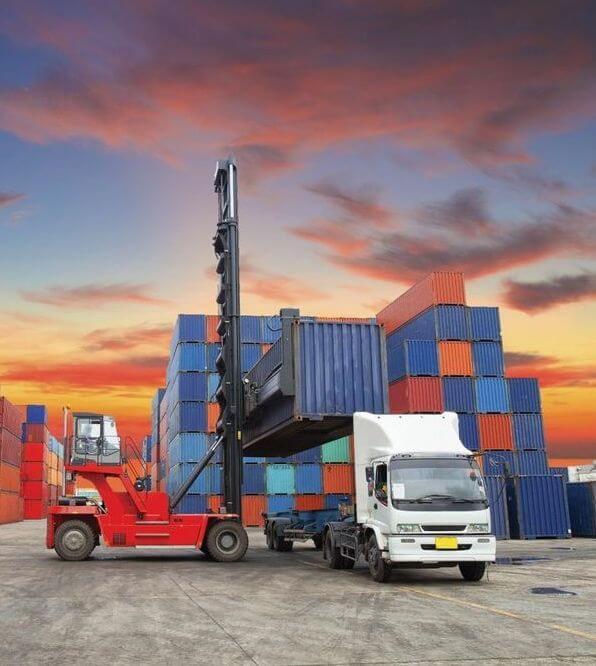
Do you feel that family businesses in Tanzania have a significant impact on the country?
Yes, definitely. Publicly traded companies have a different type of bottom line than family businesses. In family businesses we own our shares and can decide for ourselves what we want to do with them. It allows us to take care of our community and to engage in sustainable practices.
As a family you have to decide how you want to add value rather than solely prioritising shareholder gains. We can engage in CSR projects whenever and in whichever way we like. The choices we make are more informed. We have to be able to answer to our conscience. As a Muslim family we have great faith in God and are always aware that we will all leave this earth one day. You can’t take your money with you when you go. That is why we make decisions based on what benefits the public and will be viable in the long run.
Family businesses in Tanzania are mostly SMEs. There are only a few family businesses in East Africa that exceed the $100 million revenue mark. I do not think that they contribute more than 2.5-5% to GDP. However, SMEs are growing fast and their future contribution to our economy will be significant in terms of assets and employment.
The family business model is definitely a successful design for creating economic impact. But in a family business you have to be transparent and encourage a solid economic structure. Create funds to provide for the education of future generations. Think of the basics, not of luxury. Provide for education and encourage family-orientation.
What are the opportunities and challenges for family businesses in Tanzania?
With 45 million inhabitants, abundant natural resources and a beautiful geographic variety, Tanzania is a place that provides family businesses with great opportunities. On the business front we are in the right place at the right time. It has to be done brick by brick though. With thriving tourism and a sovereign wealth fund dedicated to making our people wealthier, the only major challenges that we face are those of infrastructure and the lack of skilled labour. Family businesses will be essential in tackling these challenges and providing a prosperous future for Tanzania.
Tharawat Magazine, Issue 22, 2014
[/ms-protect-content]


